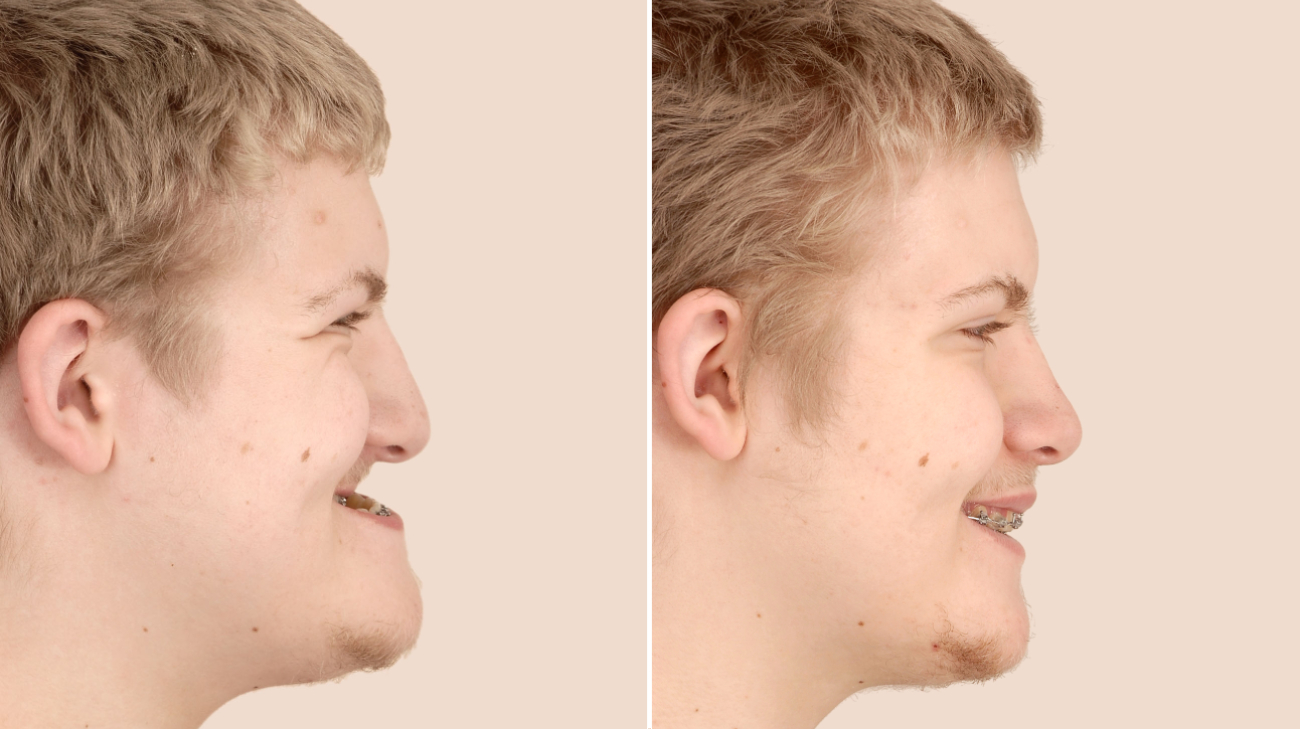Understanding Underbite Surgery: Procedure, Recovery, and Results

An underbite is a dental condition where the lower teeth extend outward farther than the upper front teeth, often leading to functional and aesthetic issues. People with severe underbites may experience difficulties in chewing, speaking, and even breathing properly. While mild cases can sometimes be treated with orthodontic methods such as braces or aligners, more severe underbites may require surgical intervention to achieve long-term correction and balance.
For individuals considering underbite surgery, it’s important to understand the full scope of the procedure, from diagnosis to recovery, in order to make an informed decision.
You can learn more about treatment options, including surgical procedures, by visiting this page about underbite surgery.
What Is Underbite Surgery?
Underbite surgery, medically known as orthognathic surgery, is performed to correct jaw misalignment when orthodontics alone cannot. The procedure usually involves repositioning the lower jaw (mandible), and in some cases, the upper jaw (maxilla) to align the teeth properly. The surgery is typically performed by an oral and maxillofacial surgeon in conjunction with an orthodontist to ensure optimal dental and facial alignment.
The goal of the surgery is to improve both the function and appearance of the jaw and teeth. By correcting the bite, patients often experience improved chewing, speech, facial symmetry, and reduced strain on the jaw muscles and joints.
Who Needs Underbite Surgery?
Underbite surgery is usually recommended for individuals with moderate to severe underbites that are skeletal in origin, meaning they are caused by the position of the jaw rather than just the teeth. Candidates often include:
- Patients who have difficulty biting or chewing food
- Individuals with speech impediments due to jaw misalignment
- Those experiencing chronic jaw pain or TMJ disorder
- People dissatisfied with their facial profile caused by jaw protrusion
A comprehensive evaluation involving x-rays, 3D imaging, and dental impressions is necessary to determine if surgery is the best course of action.
The Surgical Process
The process of undergoing underbite surgery typically involves several phases:
1. Pre-surgical Orthodontics
Before surgery, most patients wear braces for 12–18 months. This helps to align the teeth in preparation for the surgery, as correcting the jaw without aligning the teeth would not lead to a functional bite.
2. Surgery
Underbite surgery is performed under general anesthesia in a hospital setting. The surgeon will make incisions inside the mouth to access the jawbones and reposition them using plates and screws. The procedure can take between 2 to 5 hours depending on the complexity.
3. Post-surgical Care
After the surgery, patients are typically hospitalized for 1–3 days. They may need to follow a liquid or soft food diet for several weeks, and pain and swelling are common during the initial recovery.
Recovery Timeline
The full recovery process from underbite surgery can take several months. Initial healing happens within 6 weeks, but complete bone healing and final orthodontic adjustments may take 6 to 12 months. During this time, patients will attend regular follow-ups with both the surgeon and orthodontist to ensure proper healing and alignment.
It’s important to follow all aftercare instructions carefully, including dietary restrictions, oral hygiene, and avoiding strenuous activities. Physical appearance often improves significantly over time, and most patients report a high level of satisfaction with the functional and aesthetic outcomes.
Benefits and Risks
Benefits of Underbite Surgery:
- Enhanced facial appearance and symmetry
- Improved chewing, speaking, and breathing
- Long-term dental and jaw health
- Boost in self-esteem and confidence
Potential Risks:
- Infection
- Nerve injury (temporary or permanent numbness)
- Relapse of the jaw position
- Extended recovery period
Choosing an experienced surgical team and adhering strictly to aftercare guidelines can minimize risks and improve the chances of a successful outcome.
Risks and Considerations
While underbite surgery can offer significant improvements in both function and appearance, it’s important to understand the potential risks and considerations before deciding to undergo the procedure.
1. Surgical Risks
As with any surgery, underbite correction involves general surgical risks such as:
- Bleeding
- Infection
- Reaction to anesthesia
- Swelling and bruising
These are typically manageable with proper care and medical supervision, but should still be discussed with your surgeon.
2. Nerve Damage
One of the more specific risks of jaw surgery is temporary or permanent nerve damage, especially in the lower jaw. This may result in numbness or tingling in the lips, chin, or tongue. In most cases, sensation returns over time, but some patients may experience lasting changes.
3. Jaw Relapse
In rare cases, the jaw may gradually shift back toward its original position after surgery. This can occur if the bone does not heal properly or due to poor adherence to post-surgical instructions. Orthodontic follow-ups and jaw stabilization are key to preventing this.
4. Dietary and Lifestyle Adjustments
Patients must commit to a soft or liquid diet for several weeks after surgery, which may be challenging. Some lifestyle activities, such as exercise or travel, may also need to be postponed during the recovery period.
Conclusion
Underbite surgery is a significant but often life-changing procedure for individuals with severe jaw misalignment. It not only improves the functionality of the bite but also restores balance and harmony to the facial structure. While the journey from diagnosis to recovery can be long, the physical and emotional benefits are often worth the effort. For those struggling with underbite issues, seeking professional evaluation is the first step toward achieving a healthier, more confident smile.



